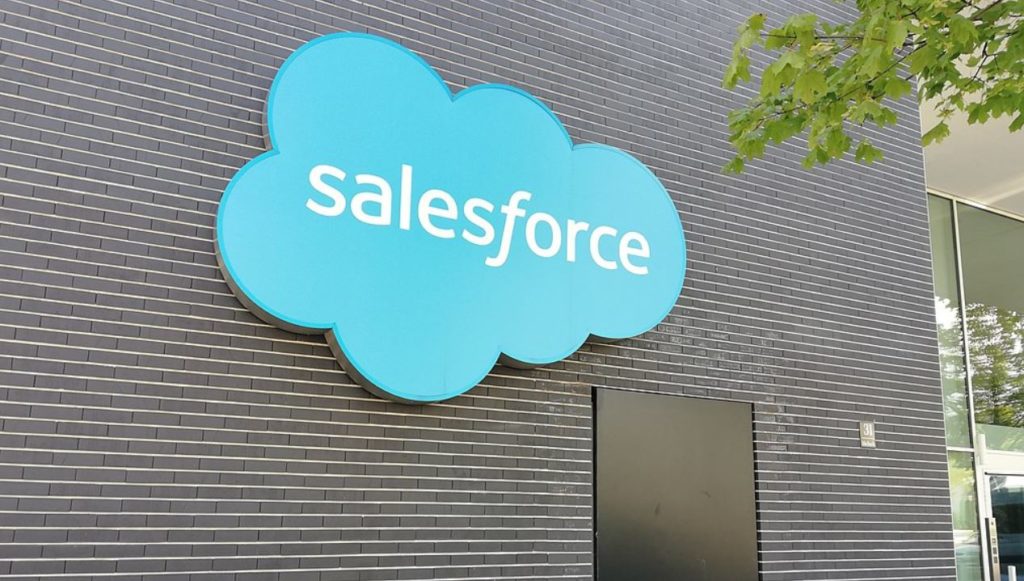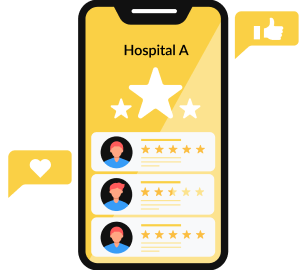With AI catapulting to the forefront of tech in the past couple of years, financials from several AI firms are now coming to the fore, showing the financial capability of large language models. Leading that charge is OpenAI, which says it has now reached an annual recurring revenue (ARR) of $10 billion. This milestone comes less than three years after the launch of its widely adopted ChatGPT chatbot and doubles from the $5.5Bn it reported in December 2024. This revenue figure encompasses sales from its consumer products, business-oriented ChatGPT offerings, and its application programming interface (API), according to a company spokesperson. The sum excludes licensing revenue from Microsoft and any large, one-time deals.
The current $10 billion ARR represents a notable increase from the approximately $5.5 billion in ARR reported by OpenAI for all of last year. This rapid expansion in revenue contrasts with the company’s financial results from the previous year, during which it incurred losses of about $5 billion. Looking ahead, OpenAI is reportedly targeting a revenue of $125 billion by 2029. This ambitious projection highlights the company’s expectations for continued expansion within the AI sector. The current revenue metrics provide context for OpenAI’s valuation, which stood at $300 billion following a $40 billion funding round in March. This valuation positions OpenAI at roughly 30 times its current revenue.
OpenAI had gained the attention of the international tech community with the consumer release of ChatGPT in late 2022. The company subsequently introduced business products in the following year, which have contributed to its revenue growth. As of late March, OpenAI reported supporting 500 million weekly active users. The company recently announced it serves three million paying business users, an increase from the two million reported in February. This expansion in its paying user base, particularly among businesses, marks the adoption of its AI models for commercial applications.
The company’s product development continues, with recent announcements including “Connectors” to enable ChatGPT to access proprietary information from enterprise applications and “Record Mode” for transcribing meetings, generating summaries, and recalling past notes. These features aim to deepen the integration of AI into workplace workflows. Furthermore, OpenAI announced a partnership with former Apple designer Jony Ive to explore the creation of AI devices, with the aim of developing new ways consumers interact with technology.
Despite its rapid revenue growth, OpenAI faces substantial operational costs associated with hiring talent and securing the computing infrastructure necessary to train and operate AI systems. The company has not disclosed its operating expenses or whether it is approaching profitability. The AI industry as a whole is experiencing rapid growth, with other firms also reporting increased revenue. AI firm Anthropic, for example recently crossed $3 billion in annualized revenue, driven by demand for its models from code-generation startups. The adoption of generative AI by Chief Financial Officers (CFOs) at large US companies has shown a return on investment, with a reported increase in “very positive” ROI from 26% in March 2024 to nearly 90% in December, according to a PYMNTS Intelligence report.
Content originally published on The Tech Media – Global technology news, latest gadget news and breaking tech news.







